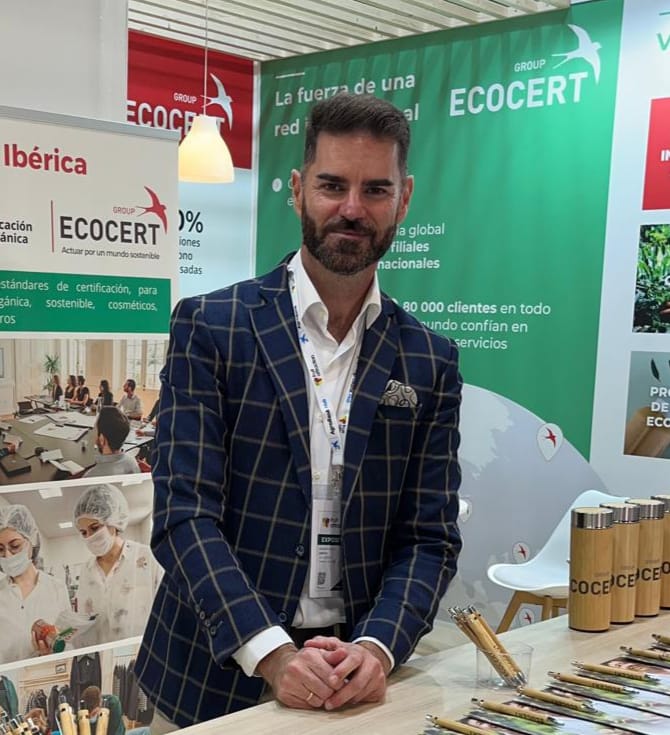A New Paradigm for Beauty PackagingSustainability has become a structural requirement in the cosmetics industry. Packaging not only protects and communicates, but must now be recyclable, reusable, and traceable, following the requirements of the European Packaging and Packaging Waste Regulation (PPWR).
Key fact: The PPWR establishes that all packaging marketed in the EU must meet recyclability and reuse criteria before 2030, also integrating a digital packaging passport system.
Impact of the PPWR on cosmetics
The new regulation introduces specific obligations for cosmetic packaging:
- Recyclable design: reduction of non-recoverable materials and simplification of multilayer packaging.
- Mandatory recycled content: especially relevant for bottles, dispensers, and caps.
- Reduction of single-use packaging: promotion of refill systems and returnable packaging.
- Traceability and digital labeling: complete record of materials and end-of-life of the packaging.
Consequence: Brands must integrate sustainability criteria from design, supplier selection, and communication to the consumer.
Ecological certifications: guarantee and differentiation
Certifications allow you to demonstrate compliance and strengthen brand reputation. Among the most relevant:
Certification, application in cosmetics, and benefit
- FSC®: Cardboard, paper, wood. Guarantees sustainable origin of raw materials
- RecyClass: Plastic packaging. Evaluates recyclability according to composition and design; tax benefits.
- COSMOS: Natural/ecological cosmetic packaging. Validates sustainability, traceability, and absence of prohibited substances
- RecyClass: RecyClass provides a classification system that indicates whether plastic packaging can be effectively recycled in European infrastructures. This allows for redesigning packaging and ensuring compliance with PPWR regulations.
- COSMOS: COSMOS validates that natural cosmetic packaging meets sustainability, traceability, and environmental safety criteria. Includes evaluation of materials, manufacturing processes, and compatibility with circular economy principles.
Synergies with the PPWR
The integration of certifications and the PPWR offers strategic advantages:
- Technical evidence of compliance before authorities and audits.
- Facilitates digital traceability, preparing for the packaging passport.
- Reinforces brand reputation and communicates environmental responsibility to the consumer.
- Reduces risks due to non-conforming or difficult-to-recycle materials.
Additional benefit: It allows R&D and regulatory affairs teams to incorporate sustainable criteria from the design stage, avoiding costly subsequent redesigns.
Challenges and opportunities
- Balance between sustainability and aesthetics: maintain visual identity without compromising recyclability.
- Optimization of multilayer packaging: ensure that bottles, tubes, and caps can be recycled.
- Innovation in materials: recycled glass, lightweight aluminum, biopolymers compatible with recycling.
- Digital traceability: integration of reliable information systems to comply with PPWR requirements.
Opportunity: Brands that anticipate the regulation will be able to differentiate themselves, build loyalty among conscious consumers, and access new sustainable markets.
Conclusion
The PPWR redefines the cosmetic packaging industry, imposing criteria for recyclability, reuse and traceability that will affect the entire value chain.
FSC, RecyClass, and COSMOS certifications are not mere badges: they are strategic tools for compliance, innovation, and environmental communication. Integrating them allows brands to anticipate regulations, strengthen their reputation, and offer packaging that meets both sustainability criteria and the expectations of increasingly demanding consumers.
Sustainability in cosmetics is not an aesthetic trend; it is a new standard of competitiveness in the European market.
